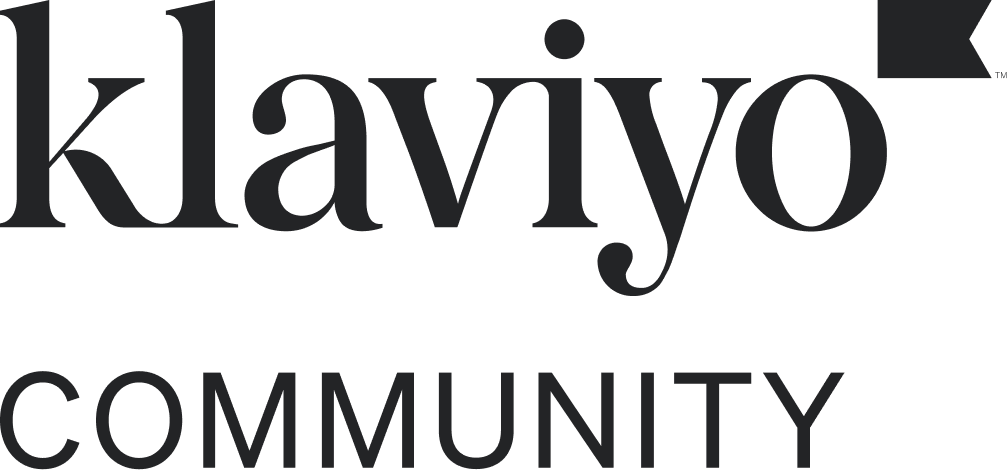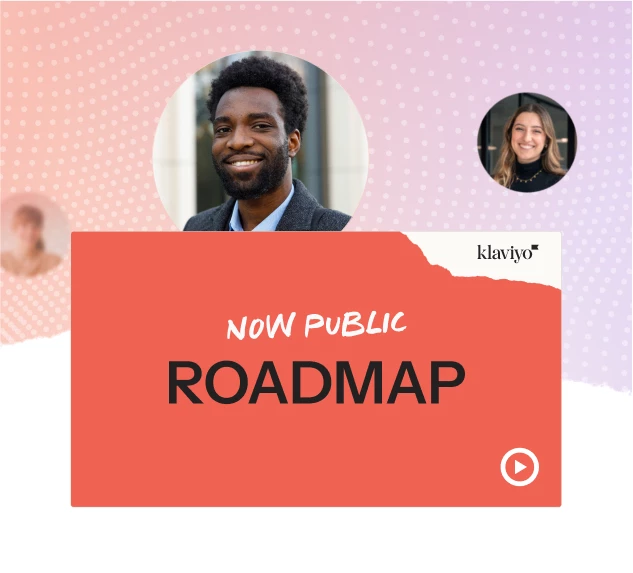Hi everyone,
I’m working on a flow setup here:
-
Trigger:
Deal Createdevent (a new flow run starts for each deal - even if its the same profile is running multiple deals) - (contains{ dealId, amount, quantity etc } -
Other event:
Deal Stage Updated(contains{ dealId, dealStage }).
What I want to do is:
-
If a
Deal Stage Updatedevent comes in with the samedealIdand the stage is one ofSELL_PENDING,SELL_CLOSED_WON, orSELL_BUSINESS_LOST, then only that specific flow run (for that deal) should stop. -
At the same time, if the same profile has other active deals (other flow runs with different
dealIds), those flows should continue unaffected.
The issue I’m running into:
-
Klaviyo flow filters and exit conditions seem to check at the profile level.
-
So if any deal for that profile moves to one of those stages, all flow runs stop, not just the one associated with the deal that changed.
Theres no issue with same profile starting the same flow twice, but stopping the flow based on stage has become an issue and that’s where I need help.
Has anyone found a way to set up exit conditions or filters so that they apply per-event / per-dealId, not across the entire profile?
Or is there a workaround (maybe with custom events/properties) that allows targeting only the matching dealId?
Let me know if you need more info on this to understand, its quite complex.
Thanks in advance!





![[Academy] Deliverability Certificate Forum|alt.badge.img](https://uploads-us-west-2.insided.com/klaviyo-en/attachment/505f2253-cde5-4365-98fd-9d894328b3e0_thumb.png)
